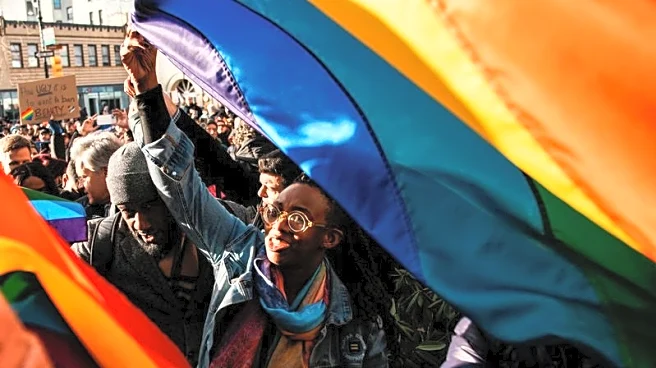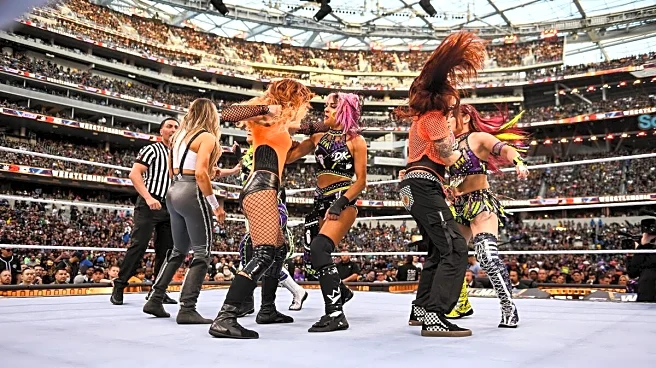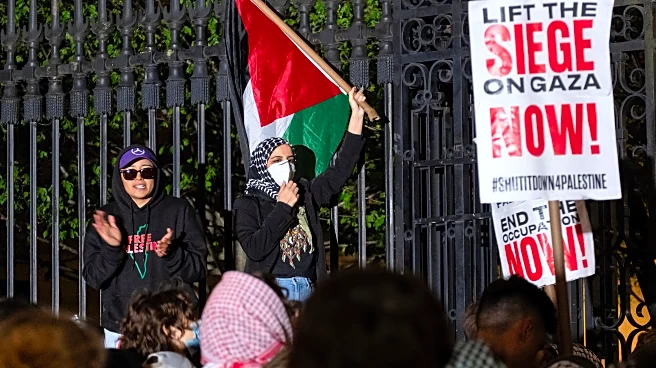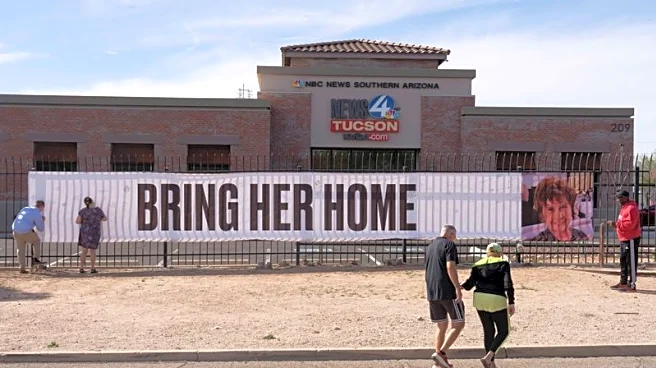What's Happening?
A recent analysis by Jin Cao from the International Centre for Hospitality and Aviation Resilience Management at the University of West London reveals significant gaps between the hotel industry's public commitments to gender equality and their actual practices. The study examined public documents from sixteen major international hotel chains, highlighting that while these companies have policies on diversity and inclusion, they often lack enforcement and accountability. The research points out that these policies are more symbolic than effective, with little evidence of systemic change in leadership representation or pay equity. The study also criticizes the industry's reliance on development programs that place the burden of overcoming barriers on women, rather than addressing the organizational norms that perpetuate inequality.
Why It's Important?
The findings underscore a critical issue within the hospitality industry, where women, despite being the majority in operational roles, remain underrepresented in senior leadership positions. This disparity not only reflects poorly on the industry's commitment to gender equality but also suggests missed opportunities for leveraging diverse perspectives in decision-making processes. The lack of genuine progress in gender equality could impact the industry's reputation and its ability to attract and retain talent. Moreover, the emphasis on symbolic gestures over substantive change may hinder the industry's competitiveness and innovation, as diverse leadership teams are often linked to better business outcomes.
What's Next?
For the hotel industry to make meaningful progress, companies need to move beyond performative measures and implement structural changes. This includes setting clear gender parity targets, conducting detailed pay gap audits, and embedding gender equity considerations into all aspects of business operations. Additionally, fostering a workplace culture that genuinely supports diversity and inclusion is crucial. Stakeholders, including advocacy groups and industry leaders, may push for more transparency and accountability in these efforts. The industry stands at a crossroads, with the potential to lead by example if it chooses to address these challenges head-on.
Beyond the Headlines
The study highlights a broader cultural issue within the hospitality industry, where informal networks and 'old boys' club' cultures continue to influence career advancement. Addressing these cultural dimensions is essential for achieving true gender equality. The industry's current approach, which often treats culture as secondary, may need to shift towards a more holistic strategy that prioritizes cultural change alongside policy compliance. This could involve re-evaluating leadership development programs and creating more inclusive environments that support diverse career paths.











